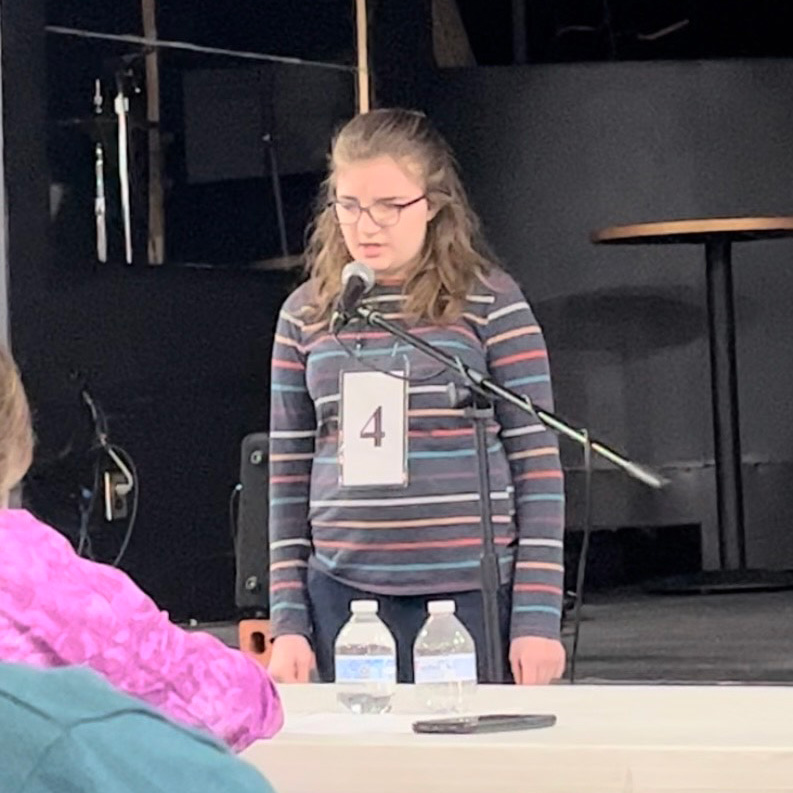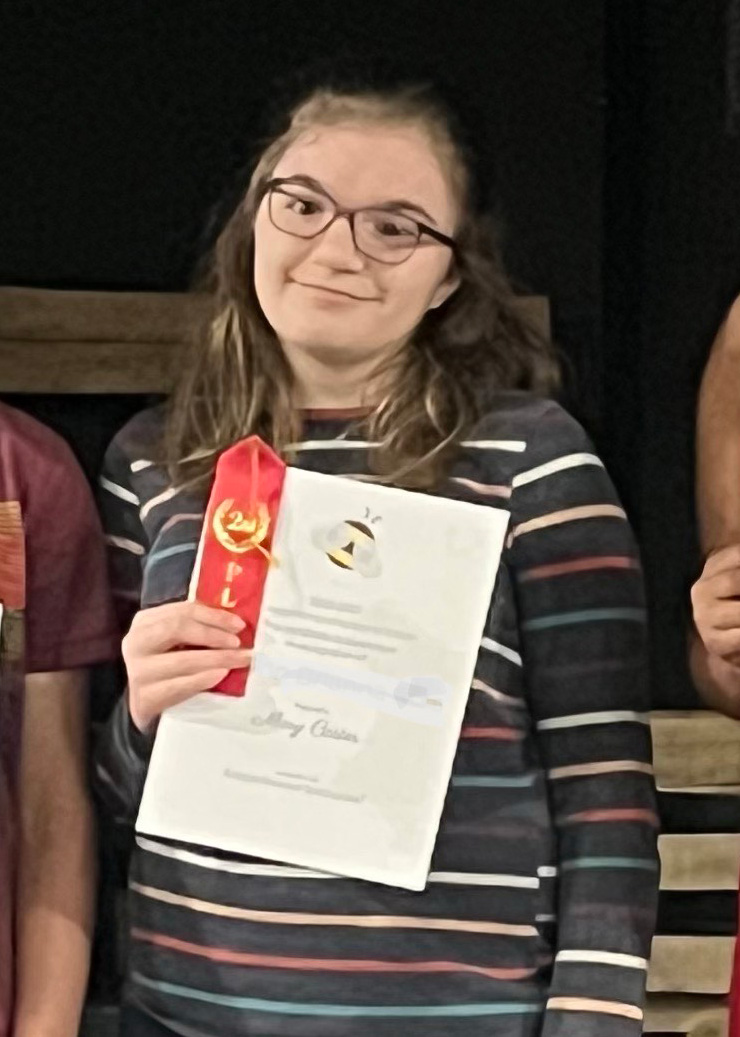Any parent of multiple children can attest that every child is different—in personality, in how they need to be parented, and in how they perform academically (just to name a few ways). And while every child has his or her own areas of struggle, oftentimes one child may stand out as the one who is more challenging for the homeschool parent to teach.
School Struggles
This is the case for my 13-year-old, whom I will call “Poppy.” Her chief area of academic difficulty is math. Where my other children are generally capable of completing their math lessons independently, Poppy has always done best with a good deal of instruction and practice with me. She also tends to have numerous corrections to make on her homework, such that going over her work each day often takes longer than my other three kids’ math combined.
Poppy also struggles with physical and social challenges that my other children do not. Born with certain physical problems, she is behind the norm in motor skills and general coordination. She also has a unique personality and lacks awareness of certain social cues, which can make social interactions awkward.
Yet in spite of these issues, Poppy has areas of strength that my other children do not share. While she may have trouble connecting with kids her own age, she has no problem talking to adults. She is rarely self-conscious and has zero social anxiety. And while she may not have a head for complex calculations, she has a freakish memory for certain details. She seems to remember everyone’s name, what type of vehicle they have, the color or ringtone of their cell phone, and other random details that I barely notice.
As her teacher, however, it can be difficult to see how these particular talents provide advantages for her future, especially in academics. But recently, I realized that I simply hadn’t taken much time to consider the possibilities.
A New Opportunity
This past spring, I noticed a homeschool group advertising an opportunity to compete in a spelling bee. I don’t think of Poppy as an incredible speller, but I realized that between her social confidence and her amazing memory, this might tap into her exact areas of talent.
Neither Poppy nor I had ever been to a spelling bee, and by the time I heard about it, she only had a few weeks to study. It seemed like a long shot, but I told Poppy it wouldn’t hurt to try, and it would be good to get some experience in case she’d like to try again next year. Poppy agreed, and she spent a little time practicing and studying each day.
Poppy competed in a group of about ten other middle schoolers. After about five rounds, the field was narrowed down to three with Poppy still in the running. They progressed through what I considered the “easier” words and began on the list of words we had barely studied. I thought for sure this would be the end of Poppy's run, but still she hung in there.

Poppy competing in the spelling bee
One of the other contestants was soon eliminated, leaving Poppy and one other young lady. The two girls went through round after round, with Poppy continuing to spell her words correctly and confidently. Finally, in round twenty-three, she slipped up and forgot one syllable of a word I had never heard of before this competition. She took second place, and I couldn't have been more proud.
A Heart Shift
This experience reminded me that every person has unique strengths and weaknesses. After all, Poppy may not be the strongest in math, but I am not the strongest in patience as a teacher! We are both still learning. And perhaps more importantly, I was reminded that even the strengths that don't seem especially beneficial from our perspective can indeed be used for good. As the Bible tells us, sometimes it is those who seem weak who are indispensable to God's purpose (1 Cor. 12:22).

Poppy with her second place ribbon
Maybe you have a child who struggles in a certain area of academics, or in academics overall. It can be frustrating to feel like you are teaching the same concepts over and over, and discouraging when you simply want to see your child succeed. But whether or not academic success is achieved, I'll bet this same child has attributes that give him or her special abilities in another area. Maybe this child's future will look quite different from that of your other children (or children from other families), but that doesn't mean it will be negative or lack value. I believe God has a special purpose for each of His children, and we as parents need to keep our eyes open to the possibilities.
